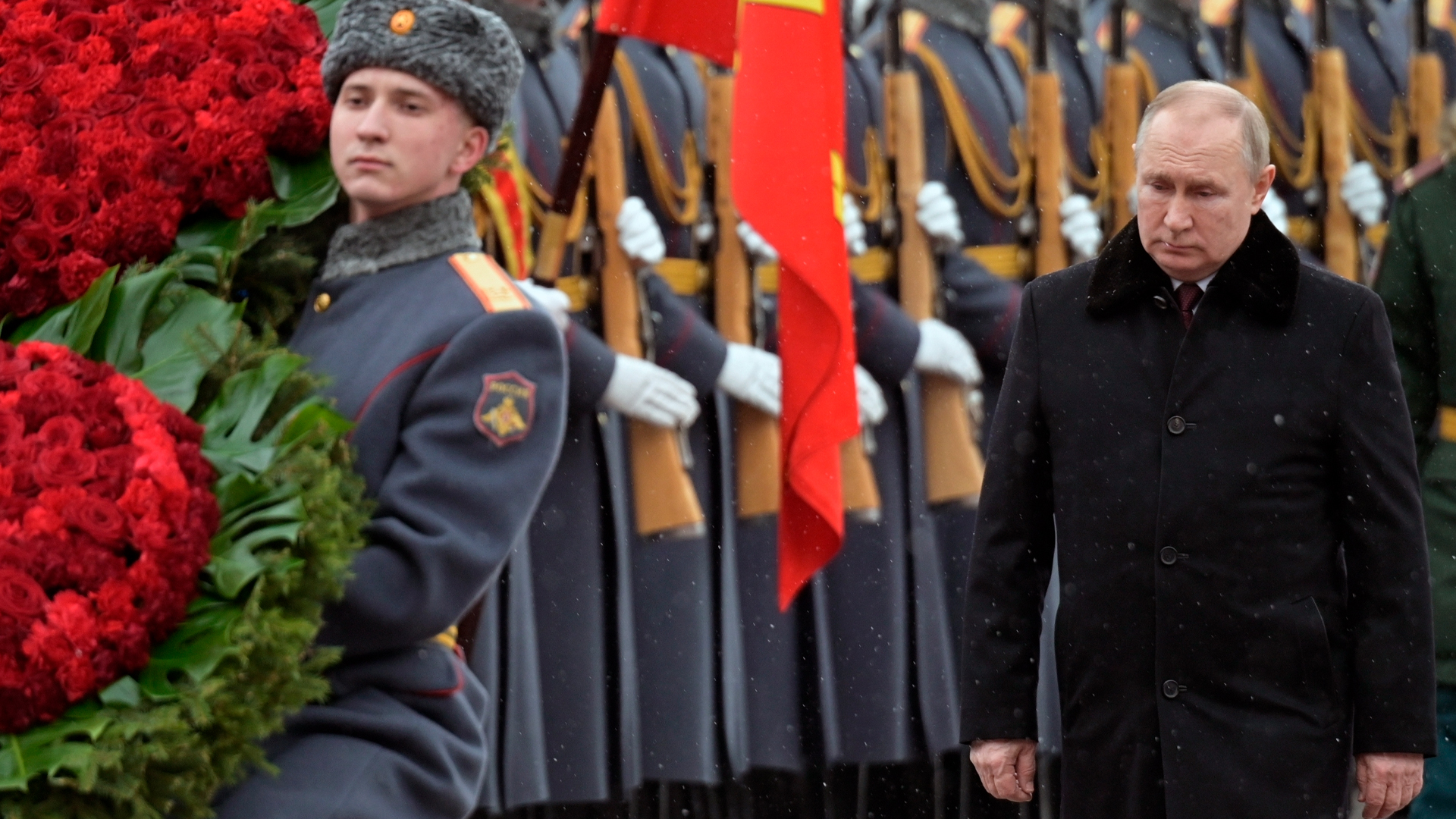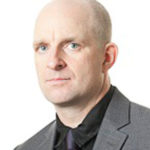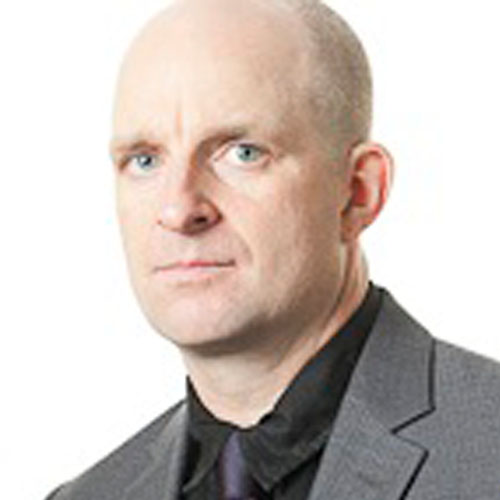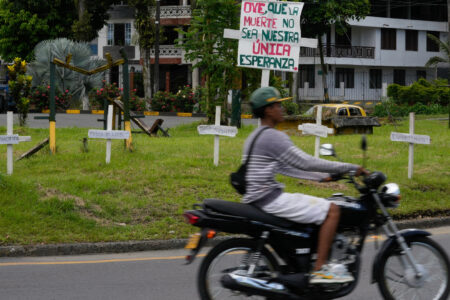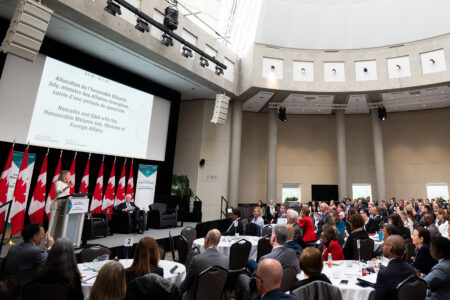
Editor’s note: This article was co-written by a Russian author whose name has been withheld for security concerns.
South Korea has exceptionally managed to breach the vaunted middle income trap, and has just exceeded Russia in nominal gross domestic product (GDP). Brazil is immediately behind and is expected to surpass Russia within 24 months. Russia has further fallen behind Indonesia in value-added manufacturing. Russia’s nominal per-capita GDP is actually lower than China’s, and its growth is stagnant and tied to shrinking energy exports.
A persistent puzzle about Russian President Vladimir Putin’s defense policies is why, unlike Xi Jinping or Narendra Modi, Moscow is seeking to increase its security through expensive, risky and diplomatically isolating military adventures, rather than through institutional and social reforms.
The danger is that in Putin’s singular focus on securing a sphere of influence against dissident sanctuaries on Russia’s border, he is arresting the domestic growth Russia needs to endure, if it is to evolve and keep pace with the tremendous changes driving the emergence of new middle-income countries, like Poland and Romania. The explanation lies not solely in Putin’s personal preference for seeking glory in international affairs, but because he is trapped in the structure through which he governs Russia.
Putin’s aversion to evolving the domestic order is partially the result of a concern that the Russian people seldom reward reformers, like Mikhail Gorbachev, and are worryingly unpredictable, as was evident with the surprise collapse of the Soviet Union in 1991.
Many supporters of Putin are concerned that liberalizing of the legal order amidst the current period of Russian demographic decline and strategic retrenchment, will lead to further disintegration of country. The two most secessionist or vulnerable regions are the northern Caucasus and the Russian Far East from Irkutsk on Lake Baikal to the port city of Vladivostok.
While there is limited public enthusiasm for war, such as over Ukraine or the Baltic States, for example, there is a strong consensus of the need for security. This includes investing scarce resources for weapons. Imprisoned opposition candidate Alexei Navalny, was not viewed as someone who could provide security.
Russian political culture is a consequence of the pervasive insecurity of the Russian elite at the top of Russia’s political pyramid, and the economic insecurity in the mass of the population. The dangers of politics was a principal motive of Putin to hide his family from politics, rather than building a public dynasty. Since sanctions in 2014, Russia’s per-capita nominal GDP has shrunk up to 30 per cent. This compels Russians to form tight (non-familial) clans, characterized by a desperate loyalty among close friends – or amoral familism.
A subsistence social safety net makes planning for the future difficult, and pushes the electorate to favor the stability of the status quo and to defer to authority. Most prosperous businesses in Russia are subject to semi-official racketeering, and corruption is pervasive in government services.
Columbia University’s Jack Snyder warned us about the dangers of logrolled coalitions within unstable democracies. Leaders will try to avoid societal fragmentation. To do this, they will create political coalitions by enhancing national security against an exaggerated external threat.
This was the political situation of the Wilhelmine German state and its “Weltpolitik” propaganda before the First World War, and of Japan and its fascist cabinet democracy in the lead up to the Second World War.
These corporatist coalitions allowed leaders to avoid class warfare, minimize reforms and secure stability. But there was a cost. Clumsy foreign policy which in both cases resulted in poorly prosecuted wars with little prospect of victory.
Like France’s Napoleon III, Germany’s Kaiser Wilhelm or Italy’s Benito Mussolini, Putin is an authoritarian ruler. His popular support is based on being recognized as the lynchpin of domestic stability, averting class, or in the case of Russia, ethnic conflict and disintegration.
Putin’s adventurist foreign polices are a result of him being trapped by the demands of his self-created Russian ideology of state security. This underpins all of the sacrifices made by the Russian people. This ideology has energized an efficient state bureaucracy, research and education centers. It has coalesced political and economic actors under a common banner with significant public legitimacy and minimal state coercion.
However, the crises resulting from these foreign adventures must not be so unmanageable that the Western military and diplomatic response to them causes Putin to lose power. The result is a political equilibrium that supports economic stagnation and institutional regression, punctuated by demonstrations of aggressive foreign policy.
The formal Russian political system is a two-term limited president, who appoints a prime minister from the leading party in the Duma, the lower house, and oversees also the Federation Council, or upper house. Russia is effectively a single party-state. The coalition party, United Russia is under the effective control of Putin, winning nearly half of votes and controlling a majority of seats in various elections since 2003.
The remaining parties are the Communists, the right-wing Liberal Democratic Party and Rodina. All of these cooperate closely with the Kremlin, and benefit from payoffs to its key members. There is not a single seat in the Dumas held by a populist anti-authoritarian party, and the state applies judicial means to block the creation of new political opposition parties. In an endeavour to strengthen his control over Russia, Putin replaced regional elections with appointed governors.
The elite state clans, including Putin’s early-career advisers, are popularly termed Kremlin Towers. More similar to Adolf Hitler’s byzantine Nazi administration, than Soviet era committee factions, the lack of clear policy hierarchy and absence of a successor, permits a political entrepreneur like Putin, without a solid independent base, to balance his various supporters against one another.
The coalition’s stability depends on automatic deference to Putin, which means that any successor he identifies would become a destabilizing focal point. This bodes poorly for regime stability if Putin were to become incapacitated.
The centralizing impulse is driven by the geo-economic core of Russia being Moscow. Moscow accounts for nine per cent of Russia’s population, 20 per cent of Russia’s GDP, and 80 per cent of its finance. Russia’s corporate wealth is also concentrated, with just 500 companies accounting for 80 per cent of Russia’s GDP, which facilitates control and extortion.
At the core of Putin’s logrolled coalition, are the Siloviki, consisting of serving and former intelligence and military personnel. They are imbued with the ideology of the Russian national security state. Putin’s visible association with the military as defenders of Russia is the basis for his public approval, and it keeps the military unquestioningly on his side.
However, his core power base is the very corrupt and constantly maneuvering state intelligence services. The public’s repudiation of the USSR is largely on the basis of the privileged bullying behavior of these internal police organizations, so his association cannot be visible. The intelligence services, however, are competent, and provide a degree of subtle security that is not possible with the military.
Putin dominates the state through financial disbursements from state funds to key legislators in all of the political parties. He influences the appointments to major state and private enterprises, who in turn subsidize regime supporters. These key oligarchs are virtually powerless in the security state, but can threaten a resurgence to the disorder of the 1990s if left unchecked, and have the financial power to displace Putin. But, they are in effect technocrats and factional appointees, depending on Putin, and therefore tied to his personality.
The dilemma for Putin now, is how to build the legal institutions necessary to sustain market-driven innovation in the non-energy economy, without having these same institutions directed against the security state. One of the stark realities of Russian manufacturing is its lack of competitiveness for exports. Stunting democracy, undermining the independence of the legal system and perpetuating popular insecurity through diversionary crises, have been producing sharp diminishing returns since 2014.
To stay in power, Putin should have reformed and modernized the domestic security services and reduced their predatory incentive to distort the economy, judiciary and the political process. With the war in Ukraine, it is too late. His actions have compelled foreign powers to abruptly re-impose a Soviet-era economic blockade on Russia, with dire consequences for his popularity. In the short term, he has become vulnerable to replacement by the security apparatus, or displacement by a military coup, especially if he loses his war.




